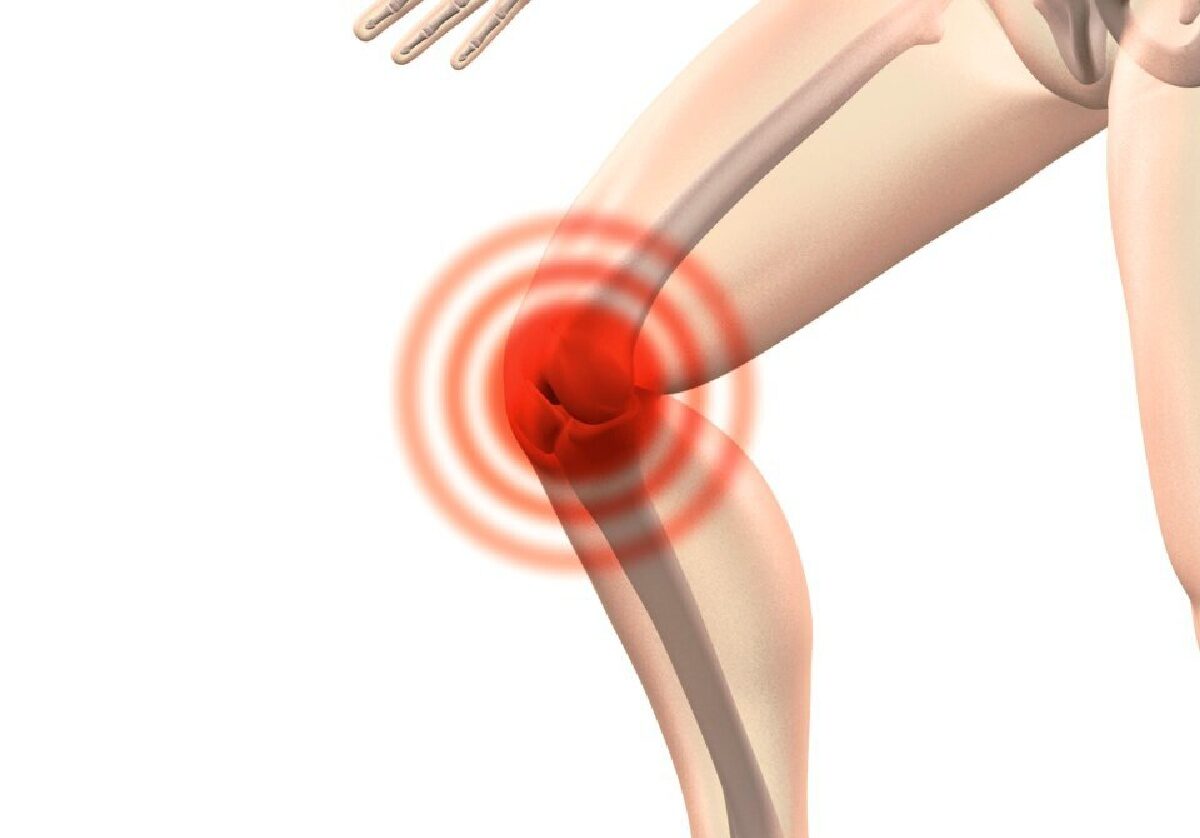
1 billion individuals to get osteoarthritis.
A recent study published in The Lancet Rheumatology journal has shed light on a startling projection for the future of global health: nearly 1 billion individuals could be grappling with osteoarthritis by the year 2050. This condition, the most prevalent form of arthritis, has been a growing concern due to its impact on the quality of life for those affected. Osteoarthritis, often referred to as OA, has already cast a wide net of influence, affecting approximately 15% of individuals aged 30 and older across the world. The study, which was a part of the broader Global Burden of Disease Study 2021, delved into data spanning three decades, from 1990 to 2020, and encapsulated information from over 200 countries. This expansive research effort enabled a comprehensive understanding of the factors contributing to the surge in osteoarthritis cases.
What the data highlighted was an alarming trajectory of the condition’s prevalence. In 1990, about 256 million people were grappling with osteoarthritis, a number that swelled to a staggering 595 million by the year 2020. This marked a disconcerting 132% increase within just three decades. The Institute for Health Metrics and Evaluation (IHME) in Washington, US, spearheaded this research endeavor as part of the Global Burden of Disease Study 2021.
There’s a osteoarthritis crisis
As the years march on, experts and medical practitioners are grappling with the daunting task of managing this impending osteoarthritis crisis. The multifaceted nature of the condition necessitates a holistic approach that addresses not only its physiological aspects but also its socio-economic implications. Mitigation strategies must span a spectrum from preventive measures to advanced medical interventions.
Medical advancements are paving the way for innovative treatments. Regenerative therapies that target cartilage repair and regeneration hold promise in providing long-lasting relief to those afflicted by osteoarthritis. Early diagnosis and intervention are crucial in maximizing the effectiveness of such treatments, underscoring the importance of routine health check-ups and screenings. Addressing the interplay of aging, population growth, and obesity can help mitigate the impact of osteoarthritis on individuals and societies alike. By fostering a global dialogue on preventive measures and advanced treatments, we can strive to alleviate the burden of this debilitating condition for generations to come.
